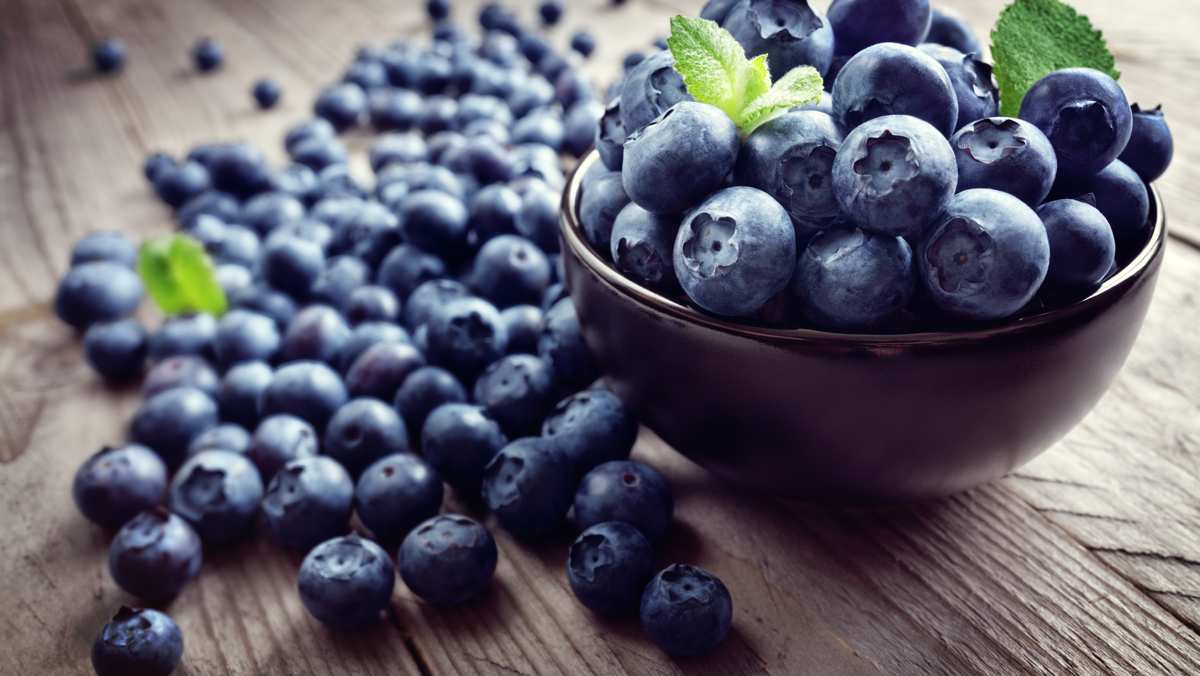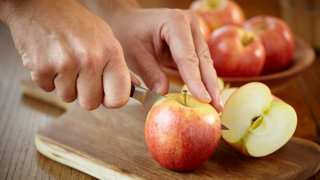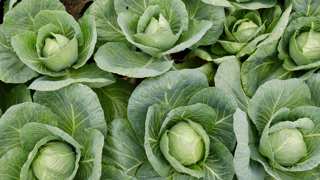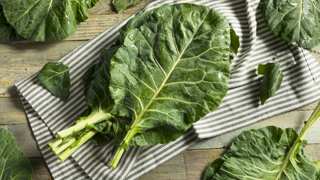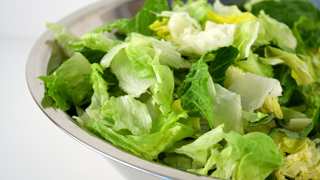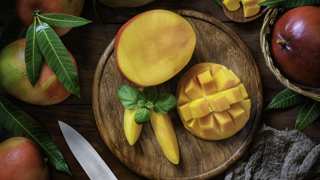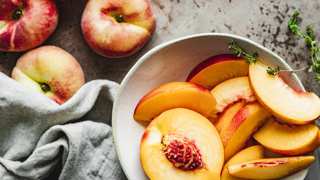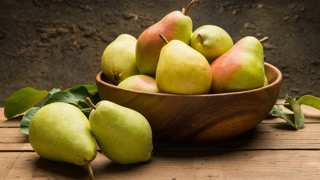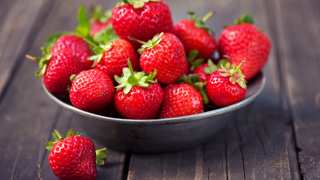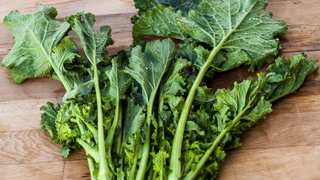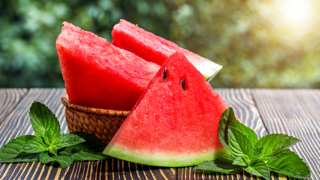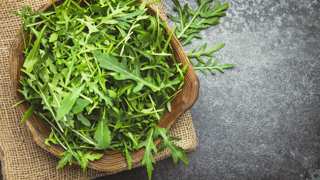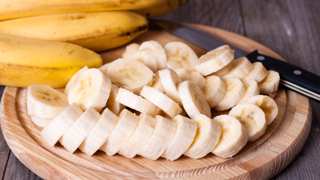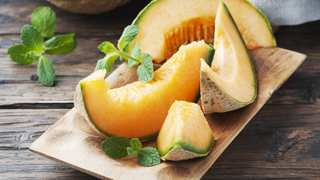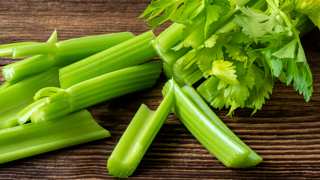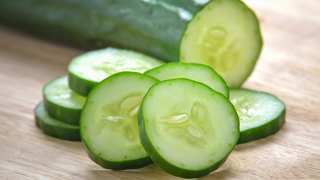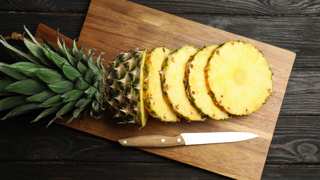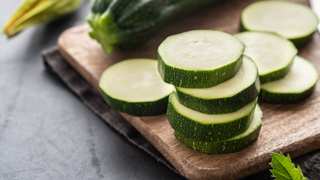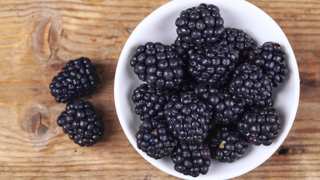Below is the nutrition label for blueberries. We have added a few calculations to the label to make it more relevant for reptiles.
Blueberries (raw)Per 100g Serving
Core
Calories57Cal
Water Content84.21g
Carbohydrates14.49g
Total Carbohydrate14.49g
Fiber, total dietary2.4g
Starch0.03g
Sugars9.96g
Fructose4.97g
Glucose4.88g
Sucrose0.11g
Fat0.33g
Total Fat0.33g
Total saturated0.028g
16:00.017g
18:00.005g
Total monounsaturated0.047g
16:10.002g
18:10.047g
Total polyunsaturated0.146g
18:20.088g
18:30.058g
Proteins0.74g
Protein0.74g
Alanine0.031g
Arginine0.037g
Aspartic acid0.057g
Betaine0.2mg
Cystine0.008g
Glutamic acid0.091g
Glycine0.031g
Histidine0.011g
Isoleucine0.023g
Leucine0.044g
Lysine0.013g
Methionine0.012g
Phenylalanine0.026g
Proline0.028g
Serine0.022g
Threonine0.02g
Tryptophan0.003g
Tyrosine0.009g
Valine0.031g
Minerals
Calcium, Ca6mg
Copper0.057mg
Iron0.28mg
Magnesium6mg
Manganese0.336mg
Phosphorus, P12mg
Potassium, K77mg
Selenium0.1μg
Sodium1mg
Zinc0.16mg
Vitamins
Vitamin A, IU54IU
Vitamin A, RAE3μg
Beta-carotene32μg
Lutein + Zeaxanthin80μg
Vitamin B1 (Thiamin)0.037mg
Vitamin B2 (Riboflavin)0.041mg
Vitamin B3 (Niacin)0.418mg
Vitamin B5 (Pantothenic acid)0.124mg
Vitamin B60.052mg
Vitamin B9 (Folate)6μg
Folate (from food)6μg
Folate (dietary equivalent)6μg
Vitamin C9.7mg
Vitamin E (alpha-tocopherol)0.57mg
Beta Tocopherol0.01mg
Gamma Tocopherol0.36mg
Delta Tocopherol0.03mg
Gamma Tocotrienol0.07mg
Vitamin K1 (phylloquinone)19.3μg
Choline6mg
Nutrition Scores
Ca:P Ratio0.5:1
Ca:P RatingPoor
Safe to FeedOnce per week
HealthinessFair
Notes/Instructions: Remove stems. Serve at room temperature.
Blueberry Health Concerns
Overall blueberries have a few areas of concern. Due to their small size it's easy to control the portions which makes them less of a health risk. Below are the main areas of concern:
Highly AcidicBlueberries are very acidic and have an average pH value of 3.2. This is way too acidic for bearded dragons and can cause digestive discomfort. Fortunately blueberries are fairly small a few blueberries mixed with other foods can help neutralize the acidity.
High SugarBlueberries have almost 10g of sugar (per 100g serving) which should make them more of a treat than a meal. Bearded dragons are not used to digesting a lot of sugar, so a diet too high in sugar can lead to mouth and digestion issues.
Poor Calcium to Phosphorus RatioBlueberries have twice as much phosphorus than calcium which is not ideal. Phosphorus blocks calcium absorption so meals containing too much phosphorus may prevent any calcium from being absorbed (for that meal). Calcium is important for bearded dragons and diets low in calcium can overtime lead to severe skeletal and health issues.

